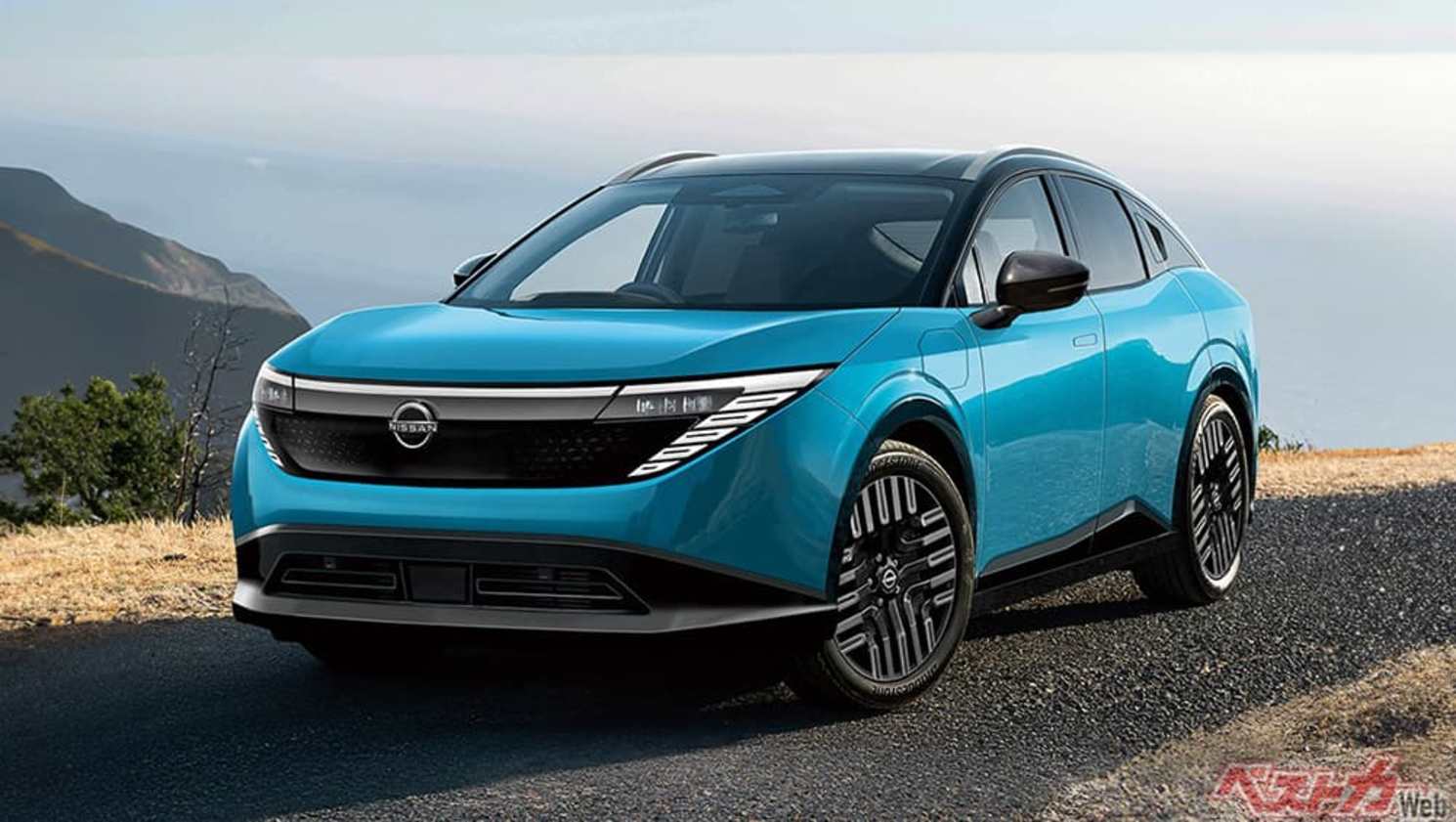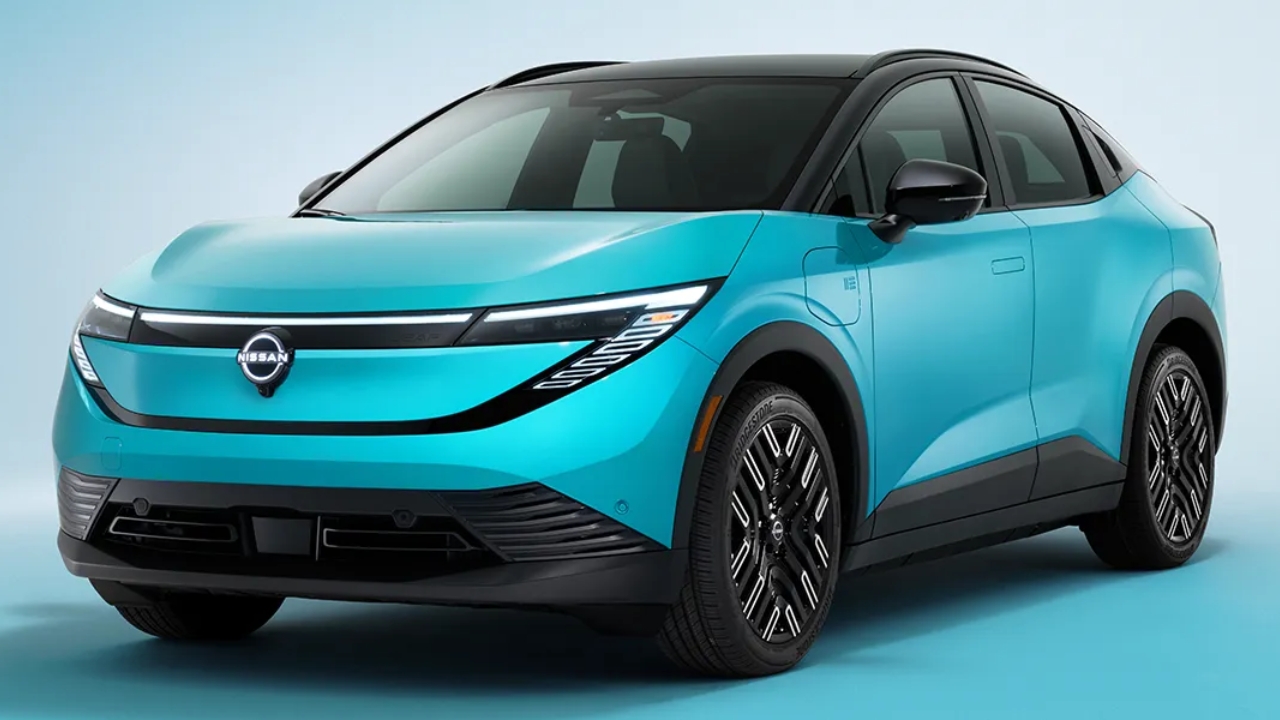The 2025 Nissan Leaf continues its legacy as one of America’s most accessible electric vehicles, with starting prices from $28,140 to $36,190 making it significantly more affordable than most EV competitors. As the pioneering mass-market electric vehicle that first launched in 2010, the Leaf has undergone continuous refinement while maintaining its core mission of democratizing electric mobility.
Performance and Range: Two Battery Options for Different Needs
The standard Leaf S comes with a 147-horsepower electric motor and a 40.0-kWh battery pack, while the Leaf SV Plus gets a more powerful 214-hp electric motor and a larger 62.0-kWh battery. The EPA-rated range differs significantly between models: the Leaf S provides 149 miles of range, while the SV Plus delivers 212 miles.
Performance figures reflect the instant torque delivery characteristic of electric vehicles. The Leaf S manages a 7.4-second zero-to-60-mph time, while the SV Plus accelerates more briskly with a 6.8-second run to 60 mph. While these numbers may seem modest compared to premium EVs, the instantaneous power delivery provides satisfying acceleration for daily driving.
EPA Efficiency and Environmental Impact
The EPA has certified the Nissan Leaf with impressive efficiency ratings. The 2025 model achieves 112 MPGe combined, and the EPA has certified this vehicle as among the 20 percent lowest-emitting passenger vehicles for its model year. This recognition underscores the Leaf’s environmental credentials and cost-effectiveness for eco-conscious consumers.
Technology and Safety Features
Advanced Driver Assistance Systems
The 2025 Leaf includes Nissan Safety Shield 360 as standard equipment, featuring automatic emergency braking with pedestrian detection, blind spot warning, and lane departure warning. The SV Plus trim adds ProPilot Assist, Nissan’s semi-autonomous driving technology that combines adaptive cruise control with lane-keeping assistance.
Infotainment and Connectivity
The Leaf features an 8.0-inch infotainment system with Apple CarPlay and Android Auto capability, automatic climate control, keyless entry with push-button start, and automatic headlamps. The NissanConnect EV services provide remote access to charging status and climate control through a smartphone app.
Charging Capabilities and Infrastructure
The Leaf can be plugged into a regular 120-volt outlet or a 240-volt outlet, with both battery variants replenishing in seven hours on a 240-volt connection. However, the vehicle’s 50kW DC fast-charging capacity is notably slower than newer EVs, which typically support 100kW or higher charging speeds.
Market Position and Value Proposition
2025 Nissan Leaf Specifications
| Trim Level | Starting Price | Battery Size | Range (EPA) | Horsepower | 0-60 mph |
|---|---|---|---|---|---|
| Leaf S | $28,140 | 40 kWh | 149 miles | 147 hp | 7.4 sec |
| Leaf SV Plus | $36,190 | 62 kWh | 212 miles | 214 hp | 6.8 sec |
The Nissan Leaf is America’s least expensive electric vehicle in 2024, making it an attractive entry point for buyers transitioning from gasoline vehicles. However, its range is well below that of near-competitor EV cars like the Hyundai Kona EV, which offers 261 miles of range for only slightly more money.
The 2018-2024 Nissan Leaf was discontinued to make way for a new version, due at the end of 2025. The upcoming third-generation model will transform from a hatchback to a crossover SUV format, with expected range of around 275 or 377 miles, addressing the current model’s primary limitation.
Frequently Asked Questions
Q: What is the real-world range of the 2025 Nissan Leaf?
A: Real-world testing shows 180 miles of range during highway driving for the SV Plus model, which is typical for EVs that achieve less than their EPA rating at sustained highway speeds.
Q: Does the 2025 Nissan Leaf qualify for federal tax credits?
A: The S trim does not qualify for the Clean Vehicle Credit, but Nissan has announced that the 2024 Leaf is eligible for a $3,750 federal tax credit for qualifying buyers.
Q: How does the Leaf compare to competitors in terms of charging speed?
A: The Leaf’s 50kW DC fast-charging is slower than most modern EVs, and it uses the CHAdeMO connector standard rather than the more common CCS standard, potentially limiting charging station compatibility.
Also Read:-2025 Hyundai Ioniq 6 Review Sleek Looks, Smarter Drive
